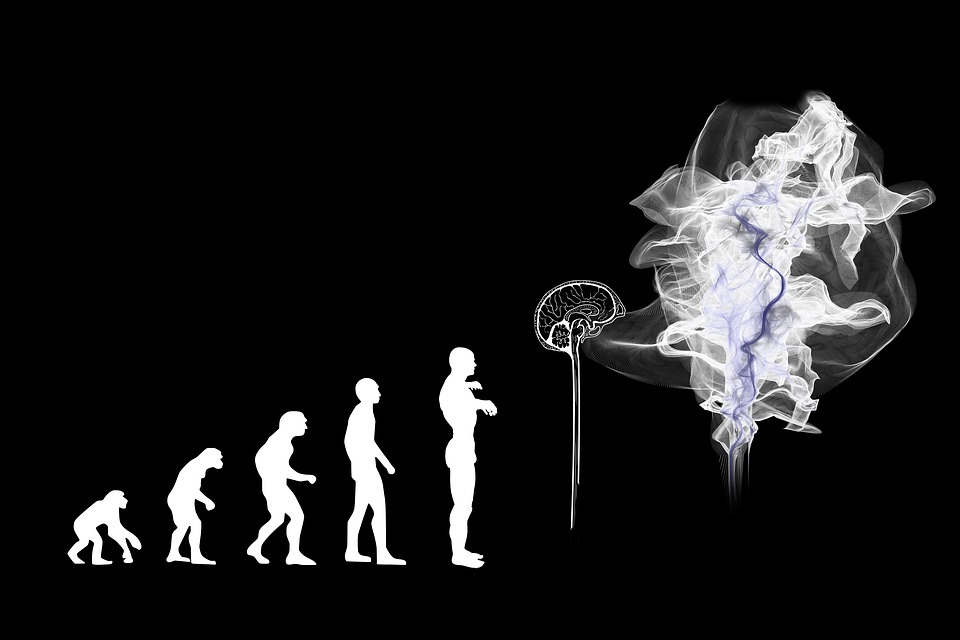Think back to your first couple of semesters as an engineering student. You were flooded with new concepts. Likely, the mathematics were more difficult than anything you had encountered in high school, and you worked around the clock to absorb it all. But you knew some of the difficulties when you applied for school in the first place. The challenges weren’t a mystery to you, and something drove you to take them on. Becoming an engineer is a big, challenging goal that many people are not ready to accomplish or could not, even if they tried.
Two Mental Traits of the Most Successful People
Oct 8, 2019 8:35:47 AM / by posted in Engineers, Self-Development, Career
What's Your Leadership Style?
Sep 30, 2019 3:23:35 PM / by posted in Psychology, Career, Leadership
The age-old debate of whether leaders are born or made through experience was mostly solved on March 16, 1802 when the United States Military Academy at West Point was founded. The academy’s goal was to develop leaders of character for a lifetime of serving the nation, and by all measures the academy was a success.
Eliminating Distractions: Advanced Time Management Tip #2
Sep 25, 2019 2:37:58 PM / by posted in technology, Time Management, Productivity
Addictive and habitual digital distractions stem from more than just technology. Workplace culture (in particular, the “always on” culture), social norms, and individual behaviors all contribute to society's addiction to digital distractions. Read Slaying the Digital Addiction to discover how digital distractions are stealing your time.
To have the correct perspective on technology, we must understand not only how technology is changing, but how technology is changing us.
Staying Relevant for a Long-Term Career
Sep 16, 2019 12:48:50 PM / by posted in Engineers, Self-Development, Career
The Pace of Change
Most people understand that the pace of change is speeding up globally, along with the demand for more innovation. In a little more than 100 years, technological development has taken us from the first telephone call in 1876, to the first website in 1991. A mere 16 years elapsed between the appearance of the Internet and the first iPhone (2007). Since then, significant technological breakthroughs are happening each year.
Recalling Names and Numbers: An Engineer’s Guide to Mind Maintenance
Sep 3, 2019 3:05:15 PM / by posted in Psychology, Productivity, Human Brain
All of us probably have forgotten someone’s name shortly after we’ve been introduced. If you were attempting to make a good impression on that person, forgetting his/her name is a major faux pas. This article presents a holistic approach to brain health and mental stimulation by delving into a little science and psychology about the mind and memory loss, steps you can take to maintain a healthy brain, and techniques to retain and recall information.
Shortcuts to Success: Exploring the Adjacent Possible
Aug 22, 2019 4:11:11 PM / by posted in Psychology, Self-Development, Problem-solving
After more than 70,000 years since homo-sapiens first emerged, more than 100 billion people have lived on earth. That is 100 billion minds seeking innovation and new ideas for millennium. Unique ideas are rarer than diamonds, and inventing something completely new is more difficult than ever.
Take Your Brain to the Gym
Aug 12, 2019 6:37:40 PM / by posted in Self-Development, Science, Human Brain
Most people understand the benefits of exercise for maintaining overall health and weight management. Few probably realize, though, that the brain needs even more care and exercise than the rest of the body to maintain its health and sharpness, and even fewer know how to exercise it properly. The brain is, after all, the most vital organ controlling every other essential bodily function. In this article, we examine the basic anatomy of the brain, the effects of physical exercise on the brain, and techniques to “workout” the brain specifically.
Improving Innovative Thinking Using This One Mental Trick
Aug 2, 2019 2:26:31 PM / by posted in Psychology, Self-Development, Problem-solving
Most people can address and resolve simple problems consciously. Complex problems, however, are more difficult to address. If we think about them too long, we could actually make the wrong decision. One of the reasons for this is humans have “bounded rationality.”
The Sixth Sense—Augmented Intelligence
Jul 26, 2019 12:24:13 PM / by posted in technology, news, Psychology
The 1995 movie Johnny Mnemonic, starring Keanu Reeves, tells a story about a data courier named Johnny who has data implanted in his brain through a port in his head that allows computer devices to directly interface with his mind. At the time it was released, it was a fantastical idea. Scientists were nowhere near linking the brain to a computer interface to receive or transmit data to the brain. But the idea is no longer just a sci-fi dream. The recent disclosure of Elon Musk’s $100 million-dollar investment and founding of the company Neuralink set the internet on fire the last few weeks.
Slaying the Digital Addiction: Advanced Time Management Tip #1
Jul 24, 2019 12:44:59 PM / by posted in Time Management, Engineers, Productivity, Self-Development
Indisputably, “connectivity” to a host of applications and devices offers potential to improve people’s lives. We can do amazing things, like view the inside of our refrigerators from the supermarket, remotely control flying drones to deliver packages, see and speak to people on the other side of the world (in real time and on our cells phones, none-the-less), and retrieve vast amounts of information in seconds.










